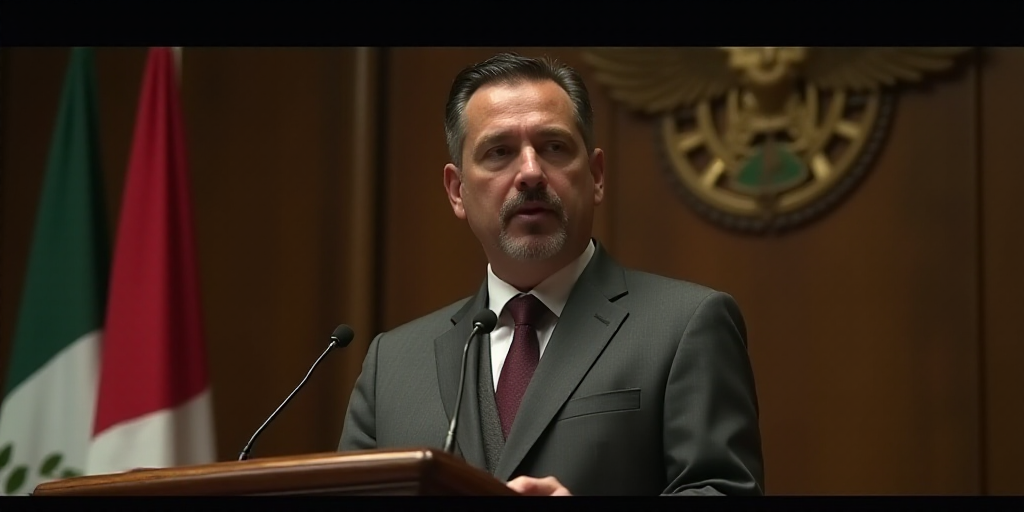Background on the Project and Its Significance
The Mexican government recently announced the awarding of a contract for 15 electric trains to expand passenger services on the Mexico City-Pachuca route. This development is part of a broader initiative to enhance rail connectivity across Mexico, connecting major cities and industrial hubs.
Key Features of the New Trains
- Capacity: The new trains can accommodate over 700 passengers.
- Speed: They can reach speeds of up to 130 kilometers per hour.
- Additional Passengers: These trains are expected to transport approximately 100,000 additional passengers.
- Length: Each train will be 100 meters long and can be coupled to form double units during peak hours.
Future Phases and Rutas
Andrés Lajous Loaeza, the General Director of the Railway Transport Regulatory Agency, explained that a second batch of 47 trains will be licitated in August. These trains will have varying configurations, including shorter trains for 300 passengers and longer ones for 600, depending on whether they serve regional or intercity routes.
Timeline for Future Rutas
- Querétaro–Apaseo el Grande: The contract is expected to be awarded on August 18.
- Apaseo el Grande–Irapuato:
- Saltillo–Nuevo Laredo:
The contract is already out for bids, with an expected award date of October 6.
The first segment, Unión San Javier–Arroyo El Sauz, is expected to be awarded on August 18. The segment Santa Catarina–Derramadero will be awarded on September 18. The final segment, El Sauz–Nuevo Laredo, is expected to publish its bidding documents soon with an award date estimated for October 3.
Technical Studies and Future Expansion
Lajous Loaeza also mentioned that technical studies are currently underway for routes such as Querétaro–San Luis Potosí and Mazatlán–Los Mochis. These studies will help complete the rail network connecting central, Bajío, and northern Mexico, with projections towards both coastlines. The studies will include environmental, social, economic, and urban analyses.
Current Construction Projects
Currently, four priority routes are under construction: Mexico City-Pachuca, Mexico City-Querétaro, Queretaro-Irapuato, and Saltillo-Nuevo Laredo. Technical studies have also begun for Queretaro-San Luis Potosí, San Luis Potosi-Saltillo, Irapuato-Guadalajara, and Mazatlán-Los Mochis. These phases aim to establish a comprehensive rail connectivity network across both the highlands and the Pacific region.
Key Questions and Answers
- Who is Andrés Lajous Loaeza? He is the General Director of the Railway Transport Regulatory Agency in Mexico, overseeing the development and implementation of railway projects.
- What is the significance of these new trains? The new electric trains will expand passenger services, accommodate more passengers, and improve connectivity between major cities in Mexico.
- What are the future phases of this project? Future phases include licitations for additional trains, technical studies for new routes, and the construction of priority rail lines connecting central, Bajío, and northern Mexico.






